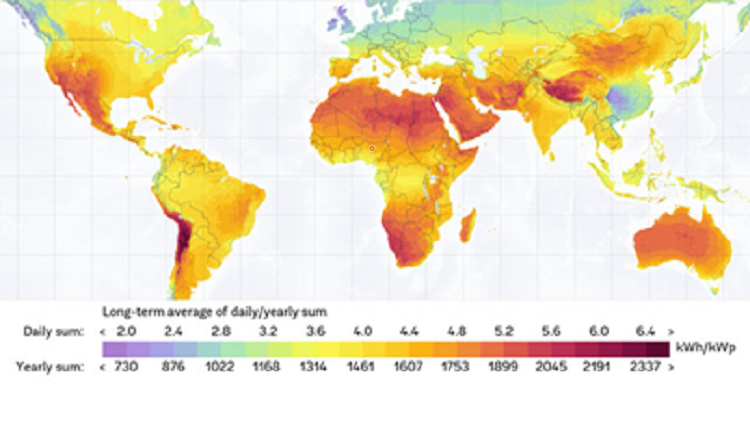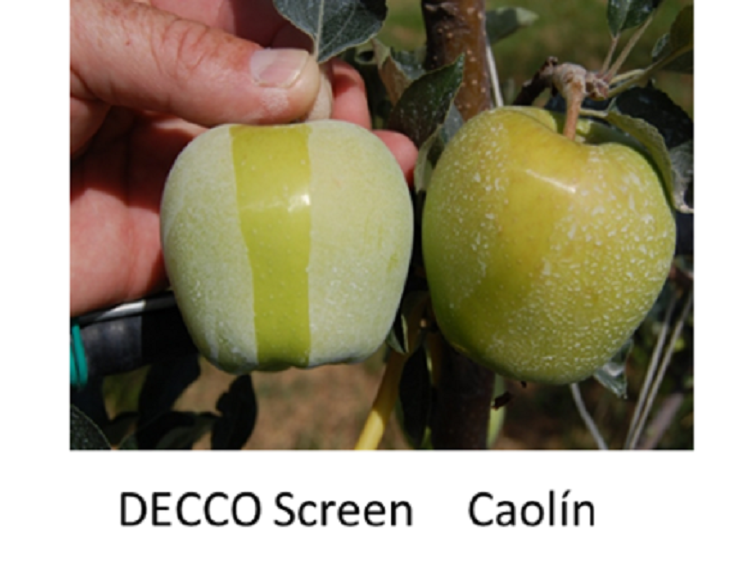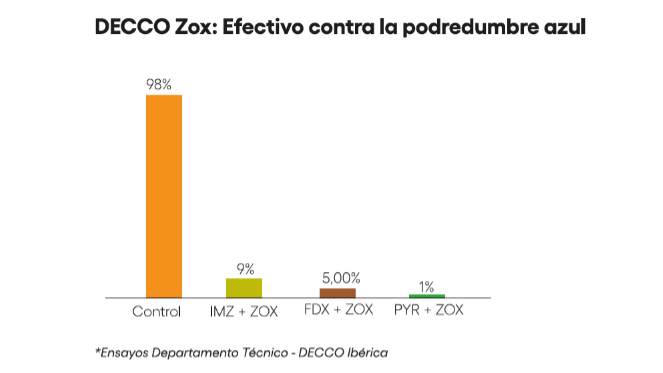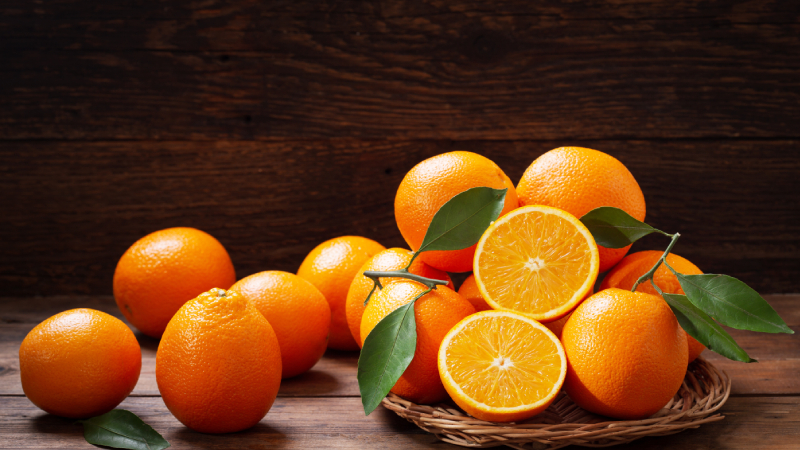
Decco Ibérica
Phytosanitaries
How to Prevent Sun Damage in Tropical Fruit Production?
Spain boosts tropical fruit production, facing climatic challenges and seeking innovative solutions to improve productivity and quality

In the last decade, the production of tropical fruits in Spain has experienced remarkable growth, particularly with avocado, mango, and papaya crops. This increase is partly due to the growing consumer interest in having these fruits available, which has driven expansion in both cultivated area and production volumes. Additionally, the attractive economic returns that these types of crops have historically generated, except for the last two seasons, have significantly motivated their development.
The main production areas for these fruits are located along the Mediterranean arc, from Castellón to Huelva, with particular significance in the Tropical Coast of Málaga and Granada. Other Mediterranean countries, such as Israel and Italy, are also showing increasing interest in the production of these tropical fruits.
However, the cultivation of tropical fruits in Europe presents certain challenges due to the fact that these are not native species. Efforts are being made to develop varieties that better adapt to local climatic conditions, although there is still room for improvement. The main challenges include:
- Adverse climatic conditions and water scarcity.
- Adaptation to saline and calcareous soils.
- Resistance to waterlogging.
- Achieving productivity levels similar to those in the countries of origin.
In comparative terms, the productivity of tropical crops in Spain is significantly lower than in their countries of origin, due to the climatic differences between Mediterranean and tropical regions.
While in Spain the average mango productivity is 5.9 t/ha, in Mexico and Peru it is 10.9 and 14.4 t/ha, respectively, representing a considerably higher reduction.
For avocados, Spain has an average productivity of 5.4 t/ha, whereas in Mexico and Peru it is 9.9 and 14.0 t/ha, respectively.
Despite these difficulties, many of them are shared by all producing areas, both traditional and emerging.
One example is the damage caused by excessive sun exposure, which negatively affects the development of the plant and fruit, limiting its productivity.

Consequences of Excessive Sun Exposure
Excessive solar radiation negatively affects the development of both the plant and the fruit, impacting the crop's potential productivity.
Some consequences of this phenomenon include:
1. Sunburns on the skin, appearing as spots on the fruit and leaves.
2. Failure to reach potential productivity
3. Reduction in both the internal and external quality of the fruit
4. Plant stress
-
- Increased water demand due to higher water stress
- Higher average temperature in the tree canopy
Solutions to Avoid the Harmful Effects of Sun Exposure
Mitigating the harmful effects of the sun on avocado and mango crops is not straightforward, as the solution must meet certain minimum requirements for adoption. It should be easy to apply with current tools, compatible with existing solutions (such as herbicides, fungicides, bio-stimulants, and fertilizers), easy to clean in the storage area without being easily washed away by rain, and should not damage the fruit’s surface, as some kaolins do.
At DECCO, with over a decade of experience in treating tropical crops such as avocados, mangoes, papayas, and pineapples, we offer the DECCO Screen solution. This solution works on both the fruit and the tree, diffusing sunlight in a way that optimizes photosynthesis, reduces tree temperature, and decreases sun spotting.
How DECCO Screen Works
DECCO Screen acts on both the fruit and the tree, functioning as a diffuser of sunlight that optimizes photosynthesis. This leads to significant benefits for the tree, such as reducing its temperature and decreasing sun spotting.
Light Diffusion Capability
Temperature Reduction Capability
Uniform Application

To achieve the best possible quality in the field, it is essential to protect our crops from adverse factors. At DECCO, we are here to work with you and help you meet your goals.
DECCO. More. Beautiful. Fresh.











